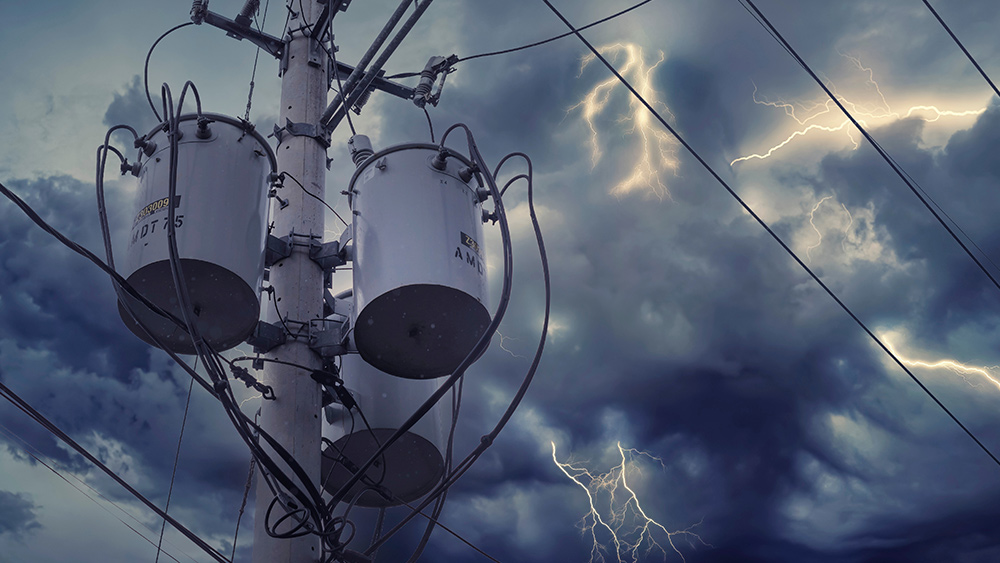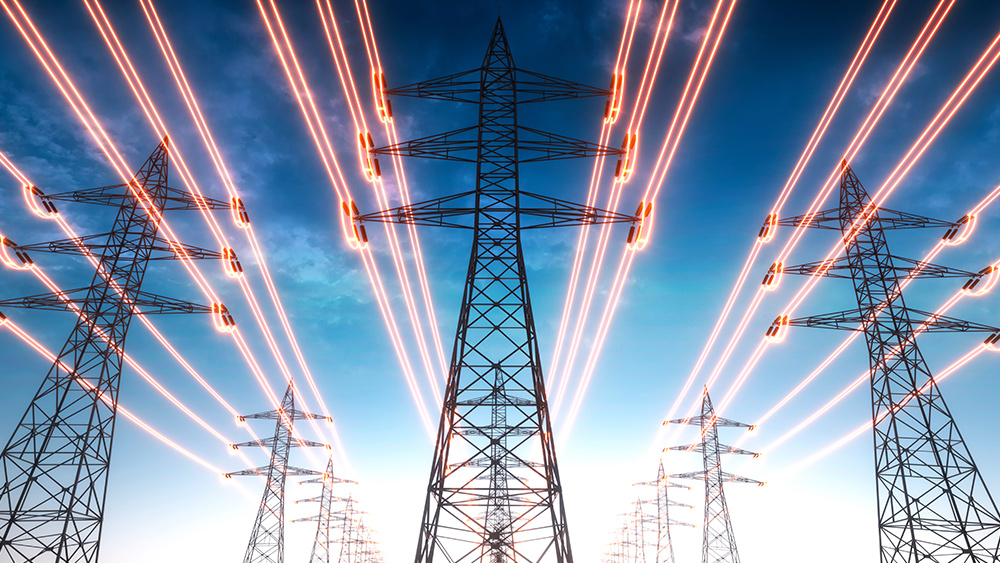British “war game” emergency plans: Government planning for prolonged outages of power and transportation, along with food shortages
11/07/2022 / By Ethan Huff

It is pretty much a certainty that Great Britain faces a lights out scenario this winter, which is further evidenced by their “war game” emergency plans released by government ministers.
Official documents marked “sensitive” warn that food and water supplies, transportation and communication could all be disrupted for up to a week this winter in “a reasonable worst-case scenario” caused by a nationwide power outage.
Officials in Whitehall have begun stress-testing what was intended to be a secret protocol called Programme Yarrow. This involves prioritizing food, water and shelter procuration for the young and the elderly, as well as those who provide care to these and others considered vulnerable.
Programme Yarrow was already in the works prior to Russia’s invasion of Ukraine, so blaming that for what government officials are soon expecting in the United Kingdom is inaccurate.
Interestingly, though, there is mention in the pre-invasion Programme Yarrow plans about an attack on underwater power cables. This is eerily similar to the recent “sabotage” of the Nord Stream gas pipelines running from Russia to Germany.
We also know that the Met Office is expecting a colder-than-usual winter this year, which is expected to put added pressure on already scarce and expensive gas and electricity supplies. (Related: Back in September, it was announced that upwards of 60 percent of all British manufacturing risks closure due to hyperinflating energy prices.)
Programme Yarrow mentions plans of three-hour rolling blackouts across the U.K. under such circumstances. Sixty percent of electricity demand will be met between day two and day seven of a potential one-week blackout scenario, the documents state, which is when households and businesses will be given “intermittent access” to rationed supplies.
Customers will be given 24 hours’ notice before these planned outages, which as previously mentioned would occur for up to a week on a rolling basis.
Will the lights stay on in Great Britain this winter?
Should rolling blackouts occur this winter, it would mark the first time since the 1970s. Electricity operators say they are working to keep the system “balanced” at all times to minimize the risk, but the energy crisis is leading the country into uncharted territory.
“This means that the amount of electricity being put into the grid by power plants, wind farms and others should match the amount being taken out by households and businesses at any given time,” explains MailOnline about how electricity balancing works.
“The grid plans for when it thinks demand can be high so it can ask generators to meet that demand. But if there is ever an imbalance where demand is higher than supply or supply is higher than demand, it can cause major breakdowns in the grid. That could cause actual physical damage to the grid that could take days to repair.”
The purpose of planned outages is thus to avoid a breakdown of the grid that results in costly repairs and excess downtime. Considering the U.K. has one of the most reliable power networks in the world, the hope is that all of this will be a non-issue throughout the winter months.
Brits are being encouraged to do energy-intensive things during certain hours to avoid disrupting this electricity balancing act. One major thing they can change is the times during which they charge their electric vehicles (EVs).
The British government says it is launching a new system this month that will offer cash payments to customers who agree to change the times that they use larger amounts of energy. If that is not enough, then forced rationing could occur.
Want to keep up with the latest news about the threat of a global economic implosion? Visit Collapse.news.
Sources for this article include:
Submit a correction >>
Tagged Under:
blackouts, Britain, chaos, collapse, communications, electric vehicles, electricity, energy crisis, energy supply, food, fuel supply, green tyranny, grid down, infrastructure, national security, off grid, power, power grid, preparedness, Programme Yarrow, rationing, scarcity, shortages, survival, war-game
This article may contain statements that reflect the opinion of the author
RECENT NEWS & ARTICLES
COPYRIGHT © 2022 FuelRationing.news
All content posted on this site is protected under Free Speech. FuelRationing.news is not responsible for content written by contributing authors. The information on this site is provided for educational and entertainment purposes only. It is not intended as a substitute for professional advice of any kind. FuelRationing.news assumes no responsibility for the use or misuse of this material. All trademarks, registered trademarks and service marks mentioned on this site are the property of their respective owners.




















